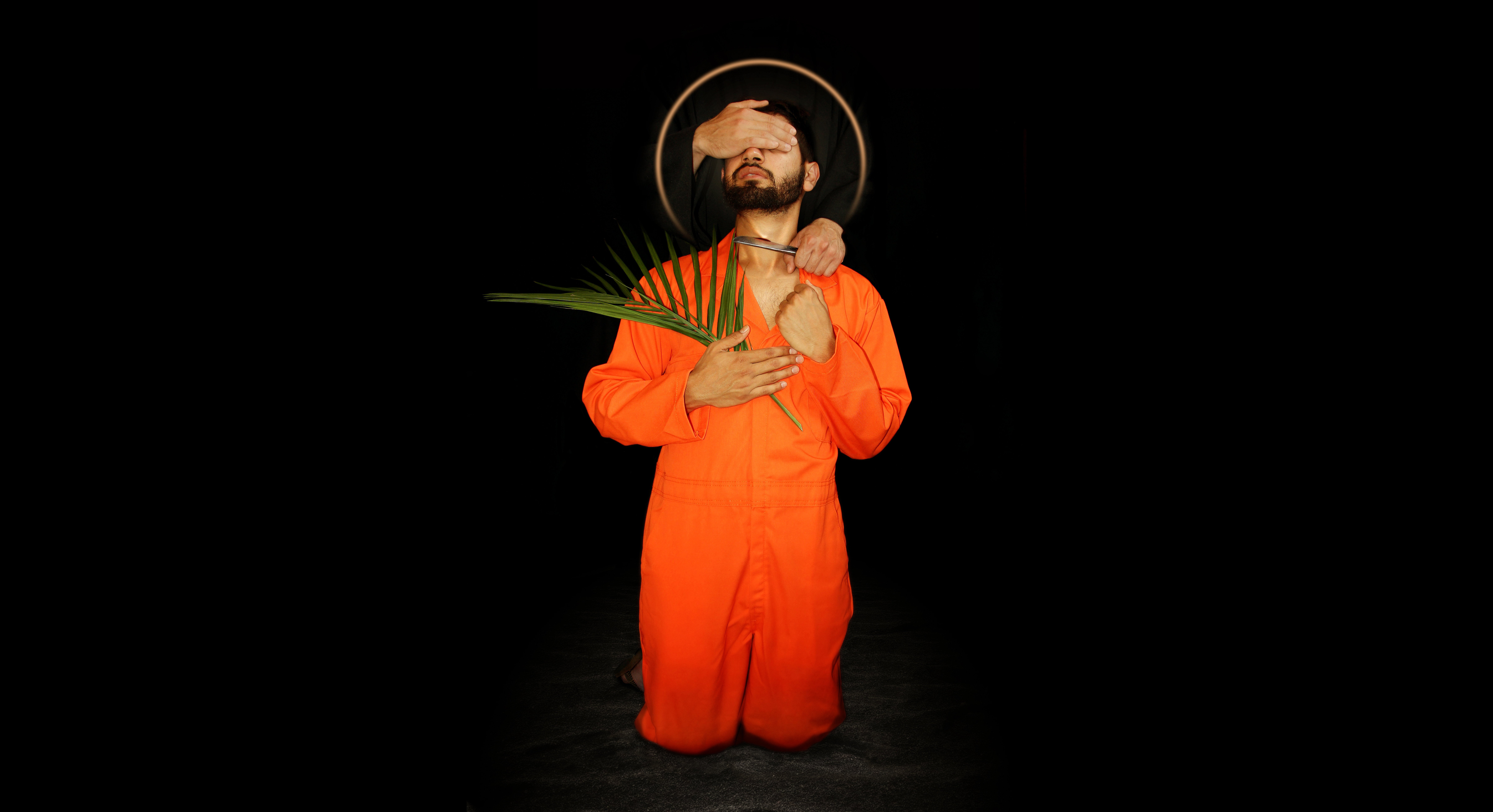WASHINGTON (CNS) -- To get a bill on providing humanitarian aid to Christians in the Middle East passed by the House and Senate and on to President Donald Trump to sign "was a long and arduous journey," said the author of the bill, Rep. Chris Smith, R-New Jersey.
On Dec. 11, Trump signed the Iraq and Syria Genocide Relief and Accountability Act of 2018 into law. The new law guarantees U.S. monetary assistance to Christians being persecuted by Islamic terrorists and was spearheaded by long-term efforts of the Knights of Columbus.
Smith's lead co-sponsor on the bill was Rep. Anna Eshoo, D-California, who like Smith is Catholic. Republican and Democratic Party members supported the legislation unanimously in both the Senate and House.
"I'm glad we finally got it to the president for his signature," Smith said Dec. 17 in an interview with Catholic News Service, recalling his efforts over a span of five years to guarantee U.S. assistance to Middle East Christians.
According to Smith, the funds guaranteed by the bill will assist an estimated 60,000 to 70,000 Christians in Iraq and will be disbursed to specific entities, including the Chaldean Catholic Archdiocese of Irbil, which will be fully eligible to get funding on an expedited basis.
Smith told CNS that the U.S. Agency for International Development is already doing an assessment to firmly establish financial need. The money will be used to provide recovery, reconstruction, health care and other benefits.
"Like every recipient of U.S. funding, they have to make sure that everything is by the book and they will do that," Smith said, citing the Irbil Archdiocese's history of responsible financial use. "The needs are overwhelming. The medical needs alone are very serious."
According to a 300-page report produced by the Knights of Columbus, Islamic State extremists and other militants have been committing heinous crimes against Christians in the Middle East, which have gone unchecked since 2014. Crimes committed against the Christians included murder, kidnapping, theft and sexual slavery.
In February 2015, members of what is now known as IS kidnapped and beheaded 21 Coptic Christians due to their Christian religious beliefs. Pope Tawadros II of Alexandria, patriarch of the Coptic Orthodox Church, commemorated the victims as martyred saints.
"It is important for Catholics to understand what is happening to our brothers and sisters in the Middle East for two reasons: First because we can help them with our voices, our resources and our prayers. Second, because we can learn from them just how important our faith is," said Carl Anderson, Supreme Knight of the Knights of Columbus. "They are enduring things most people here cannot imagine -- just for their faith."
According to Anderson, the Knights provided over $20 million in assistance to persecuted Christian minorities in the Middle East, which has been used to provide food, housing, medical assistance, and the rebuilding of the town of Karamles, a mostly Christian town on the Ninevah Plain in Iraq.
"We have been assisting those targeted by ISIS since 2014," said Anderson, who said the Knights were involved with the bill's creation from the beginning. "In fact, congressional testimony I provided became part of the basis for this bill."
Smith, who visited Christian refugee camps in Iraq, described efforts made by the Knights as "extraordinarily effective" and said lack of humanitarian support would have resulted in "significant loss of life."
All parties involved said the cooperation between Democrats and Republicans was essential in efforts to pass the legislation.
"The important thing is that we had a bipartisan expression," said Smith.
Anderson said the passage of the bill "shows clearly that Americans of every political stripe understand that helping victims of genocide is unquestionably the right thing to do."
Catholics lead effort that paved way for law on aid to Mideast Christians

"The Coptic Martyrs of Libya," a digital photo illustration by Catholic seminarian and artist Jordan Hainsey, depicts the 21 Coptic Christians killed by Islamic terrorists in Libya in February 2015 for their faith. The image won an honorable mention in the 7th Juried Catholic Arts Exhibition in Latrobe, Pa. On Dec. 11, U.S. President Donald Trump signed the Iraq and Syria Genocide Relief and Accountability Act of 2018 into law. (CNS photo illustration/Jordan Hainsey)








